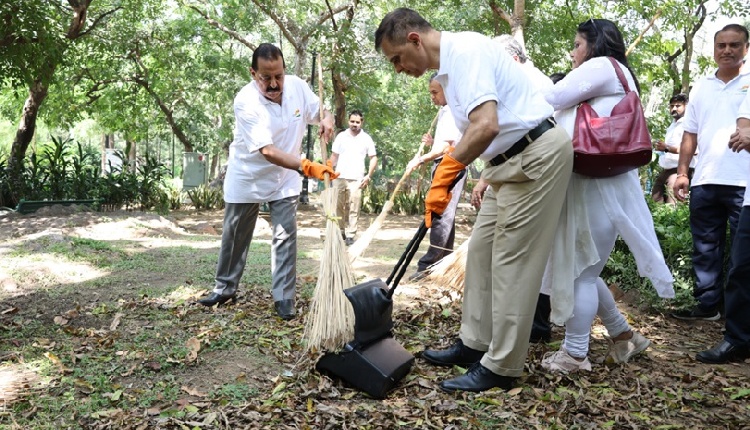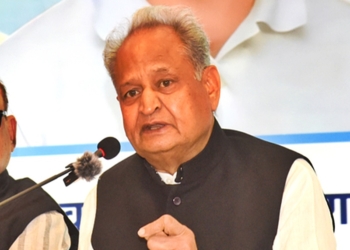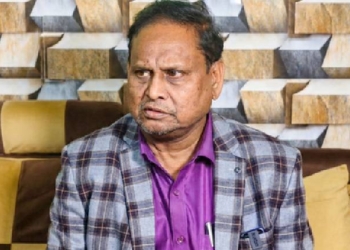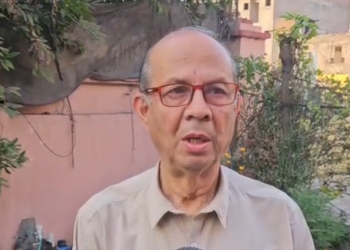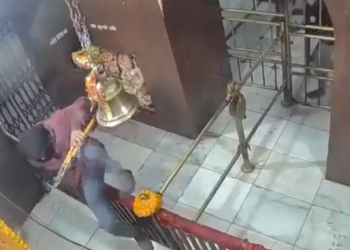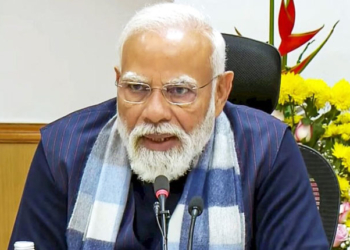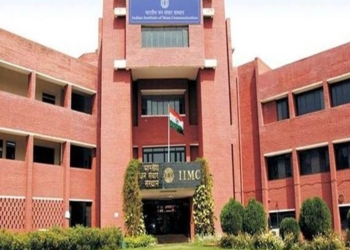New Delhi: Union Minister Dr Jitendra Singh on Wednesday launched ‘Special Campaign 4.0’ under the ‘Swachhata Hi Sewa’ programme, saying that the previous three campaigns led to significant gains which include Rs 1,162.49 crore generated through the disposal of e-waste and scrap.
The earlier campaigns also resulted in freeing 355.6 lakh square feet of office space for productive use, 96.1 lakh files closed or weeded out, and 4.05 lakh cleanliness sites identified and cleaned, the minister said.
Emphasising Prime Minister Narendra Modi’s vision around the ‘Swachhata’ initiative, Dr Singh said the campaign “has become ingrained in the psyche of the people”.
“Today, cleanliness is not just a government directive, but a core value embraced by citizens,” he said during an event in the national capital.
“It is a unique success story of a government initiative in the history of independent India”.
Dr Singh further said that the ‘Special Campaign 4.0’ aims to institutionalise these behavioural changes across government offices, with a focus on reducing administrative pendency and optimising public service. The minister also honoured “Safai Mitras” by distributing safety kits and sweets, acknowledging their crucial role in the campaign’s success.
In addition, the Minister led the “Shramdaan” activities at Nehru Park and Prithvi Bhawan, joined by officials from the Department of Administrative Reforms and Public Grievances (DARPG) and the Ministry of Earth Sciences.
“Special Campaign 4.0 is about turning waste into wealth, and making cleanliness a permanent feature of public life,” the minister added.
Earlier in the day, PM Modi participated in the ‘Swachhata Hi Seva 2024’ programme in New Delhi, coinciding with the 155th birth anniversary of Mahatma Gandhi. The event marks the completion of 10 years of the Swachh Bharat Mission, a significant mass movement for cleanliness initiated by the Prime Minister in 2014. The Prime Minister launched various projects related to sanitation and cleanliness worth over Rs 90,600 crore, including projects under AMRUT and AMRUT 2.0, the National Mission for Clean Ganga, and 15 Compressed Biogas Plant projects under the GOBARdhan Scheme.
(IANS)




